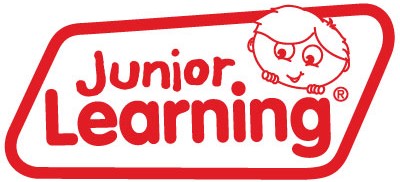Are board games still an important part of playtime?

Most of us have fond childhood memories of learning to play snakes and ladders, checkers and other traditional board games. Today, and perhaps even more so in this digital age, board games still hold a place in terms of children’s learning through play.
Not only are board games a great way for children to have family fun, they also help develop key social skills as young children prepare for more formal education.
Competing with friends, taking turns, being patient and sharing game pieces are small opportunities for children to learn how to regulate their emotions as they experience the usual set-backs and disappointments in a board game.
Listening, speaking, vocabulary and memory skills are developed. Parents can also model appropriate reactions to losing a game for their children and let children learn about a bit of healthy competition and teamwork.
Many board games also give pre-school children great exposure to letters and numbers. Whilst creative and free play is vital for children’s development, playing board games can and should still make up a component of children’s playtime.
At Junior Learning, we specialize in high-quality educational board games for early years through to elementary. Our range of 6 Board Games sets cover topics ranging from speaking skills, phonemic awareness, letter sounds, reading, spelling, number patterns, counting, and calculation games. We continue to be passionate about the value of board games for children’s educational development and the importance of learning through play. And, importantly, all our easy to follow game rules can be modified for younger members of the family, so that no one misses out on quality game time.
So, get out the board games from the cupboard and make it family game night tonight!




